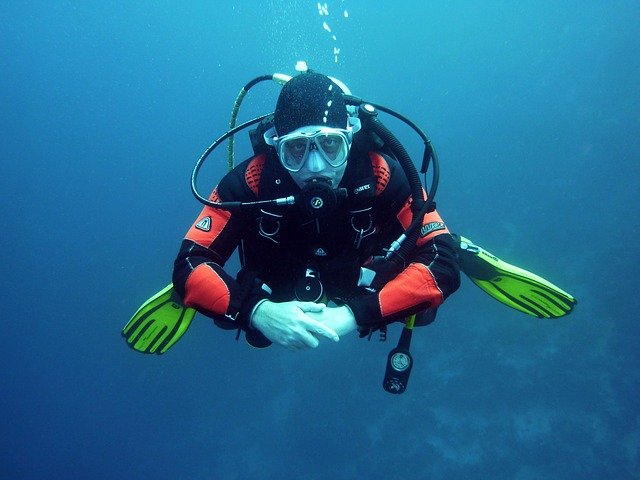Get ready for some frolicking and splashes because December Global Holidays are just around the corner. Consider taking a scuba diving experience. Nothing is more frustrating on a diving holiday than arriving without the necessary equipment. Either you will have to buy dive equipment that you already possess (typically at a considerably greater price), rent gear, or, in the worst-case situation, cancel some or all of your diving.
We look at some of the equipment you’ll need to dive and some that we recommend but you can go without.
Dive Certification Card
Many agencies provide an online lookup tool for dive shops to authenticate your certifications. Depending on the dive shop, they may or may not be able to accomplish this on the morning of your dive. Take your certification card with you on the dive. If you want to dive with Nitrox, make sure you have this card as well.
Dive Insurance Information
While diving insurance is not required for dive trips, it is highly recommended, and if you have it, you must bring your plan information with you. Make sure it’s also on file with the dive shop or your emergency contact. You want this information to be conveniently available in the odd event that you need to attend a decompression chamber or obtain additional medical assistance.
Regulator/Octopus
This is the first piece of equipment you should pack and ensure is in working order. If it hasn’t been serviced in the last year, it’s worth getting it done before your vacation to verify everything is in working order and will operate as expected.
BCD
Another necessary piece of diving equipment. Check that it still fits and that all buckles, straps, and dump valves are in good working order before you put it on.
Computer or Gauge
If you rely solely on your computer or gauge to check depth or air pressure in your tank, you should replace the batteries in both your computer and the transmitter before the trip to guarantee you don’t run out of power. Always bring a spare battery with you. In the event of a computer malfunction during a dive, I always want to have a separate gauge that gives me my air pressure.
Mask/Fins Mesh Bag
Something to keep all of your gear together while not trapping undesired water, growing mildew, stinking, and so on.
Wetsuit
Do some study to determine the water temperature you will most likely encounter on your diving trip. The local diving shop where you will be visiting will be the best source of information. Then decide what suit you’ll wear in advance.
Dive Lights
A primary dive light and, if possible, a backup. If you plan on undertaking night diving, this should be on your list. Otherwise, pack a dive light as it is always a good idea to bring on a dive to see into fractures and caves or to just bring out the actual color of many things you will encounter at deep.
Rash Guard/Hat
Not required during the dive, but ideal to have on the boat during surface intervals to avoid getting too much sun and being sunburned. If you don’t want to bother with these accessories December Global Holidays are just the right time for you to go on scuba diving, find more information about it here: https://www.fnbbuzz.com/tips/december-global-holidays/
Dive Knife and Refillable Water Bottle
A dive knife is always useful to have on hand. During surface intervals, most dive shops will give water to their divers. If they don’t, it’s a good idea to bring your water bottle, and if they don’t, it might be time to find another diving provider!
Logbook
If you are an ardent dive logger, bring your dive book with you. You will most likely forget the names of the dive sites, the depths, the things you saw, and so on by the time you return home. If you want to advance your training or certifications, bring your books and have them stamped by the dive center.
